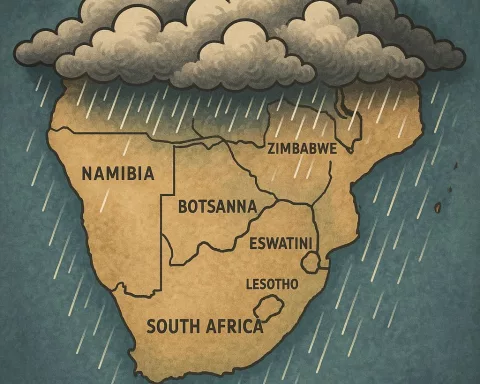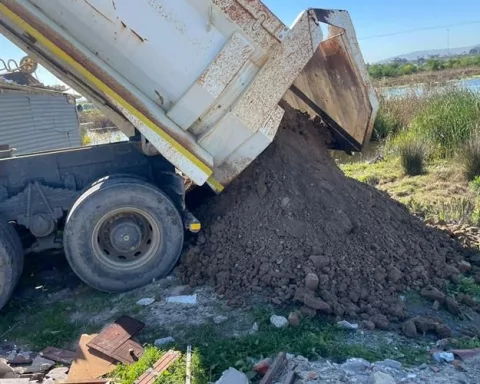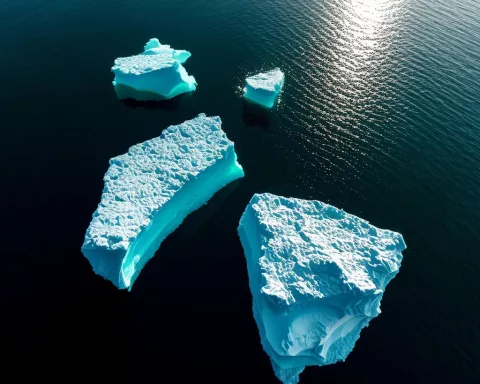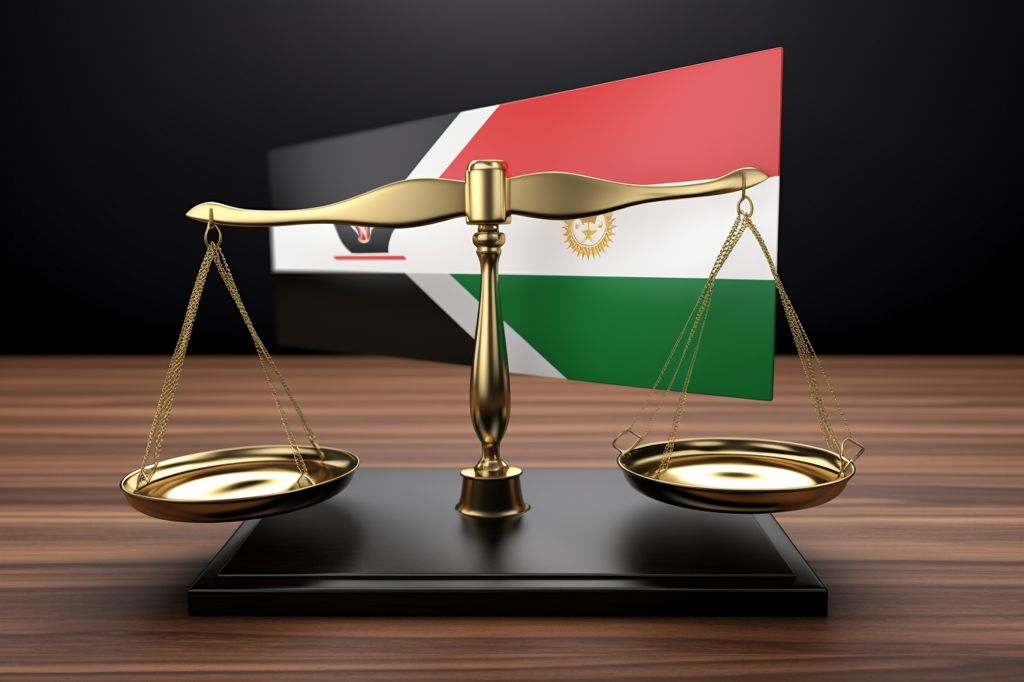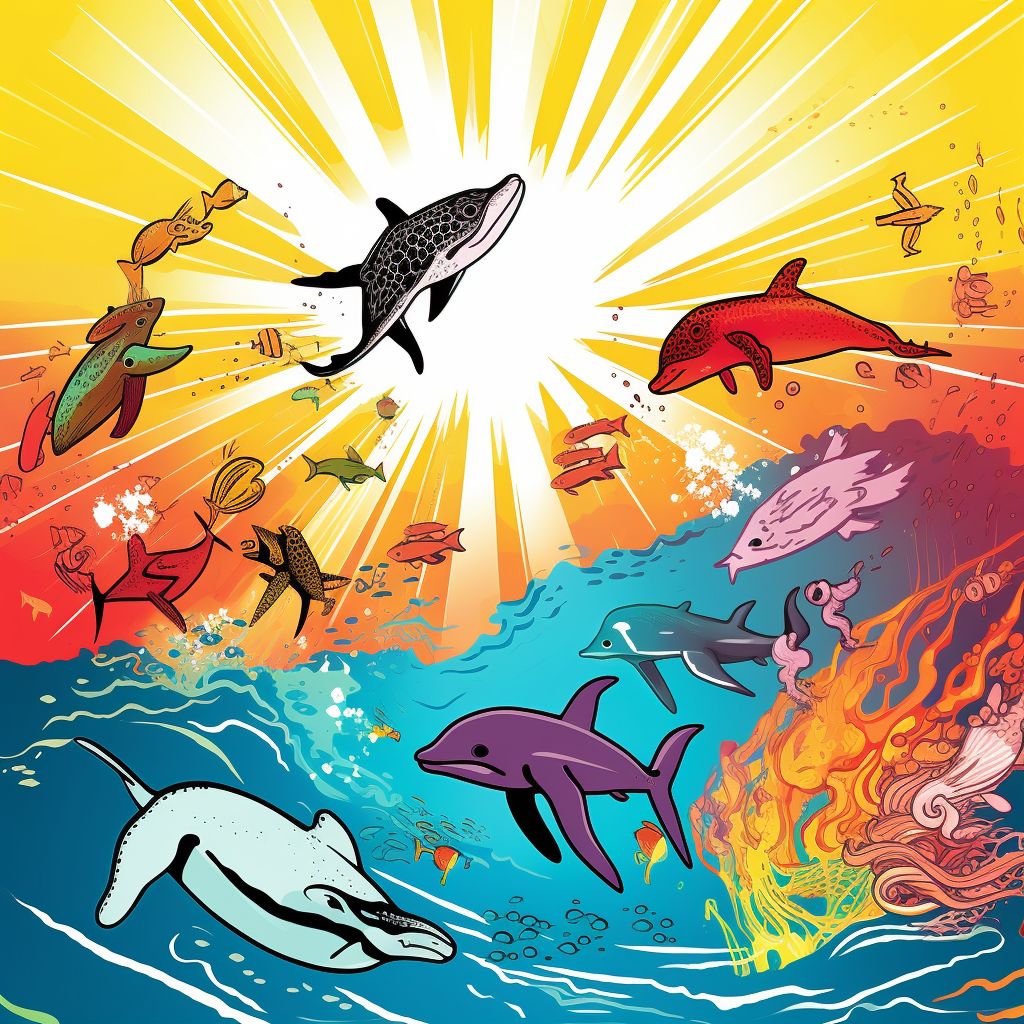Minister of Forestry, Fisheries, and the Environment, Ms. Barbara Creecy, delivered the 2023/2024 budget vote in the National Council of Provinces (NCOP), highlighting various initiatives and programs aimed at addressing climate change, biodiversity loss, and environmental pollution.
Waste Management Improvements
During the budget vote, the Minister emphasized the Department’s focus on waste management, acknowledging that South Africa currently allows approximately 80,000 tons of plastic to leak into rivers and oceans. In line with this, South Africa has committed to developing a global legally binding instrument for plastic pollution, aiming to complete negotiations by the end of 2024.
Furthermore, the Presidential Good Green Deeds program will be revitalized, creating 2,000 work opportunities per province for 12 months, focusing on cleaning and greening the provincial capitals, supporting municipalities in cleaning up dump sites, planting trees, and curbing littering.
Climate Change, Air Quality, and Biodiversity
Creecy stressed the importance of climate change adaptation for provincial and municipal governments, stating that the Department is working on building climate resilience at the local level and incorporating necessary measures into provincial and municipal plans and budgets. Additionally, the Minister announced plans to domesticate the Kunming-Montreal Global Biodiversity Framework agreement.
SANParks and iSimangaliso
SANParks’ Socio-Economic Transformation Action Plan promotes greater participation of black-owned businesses, particularly those run by women, youth, and persons with disabilities. SANParks will also donate game to emerging game farmers, fostering the expansion of the wildlife economy. For the iSimangaliso Wetland Park, infrastructure projects and biodiversity conservation efforts are expected to create around 5,000 work opportunities in the coming year.
SANBI and Regulatory, Compliance, and Enforcement
The South African National Biodiversity Institute (SANBI) provides crucial biodiversity information for sustainable environmental decision-making. It has implemented the Biodiversity Human Capital Development Strategy to address youth unemployment through various programs. Furthermore, the Department has been training provincial environmental management inspectors, ensuring compliance with regulations, and supporting inter-provincial investigations.
Oceans, Coasts, and Fisheries Management
The Department continues to work with provincial parks agencies to manage Marine Protected Areas. Safety measures for bathers will be improved with the development of a tidal pool in Port St. Johns, Eastern Cape.
Fishing provides economic benefits to the nation and improves the lives of coastal communities. The Department is finalizing appeals for the 2021/22 Fishing Rights Allocation Process (FRAP), supporting small-scale fishing cooperatives with programs and infrastructure. Furthermore, Working for Fisheries projects in the four coastal provinces will create 1,500 work opportunities and 900 full-time equivalents.
In conclusion, the Minister thanked stakeholders for their collaboration in environmental conservation and reiterated the Department’s commitment to address environmental issues and improve waste management, climate change adaptation, biodiversity conservation, and fisheries management.


